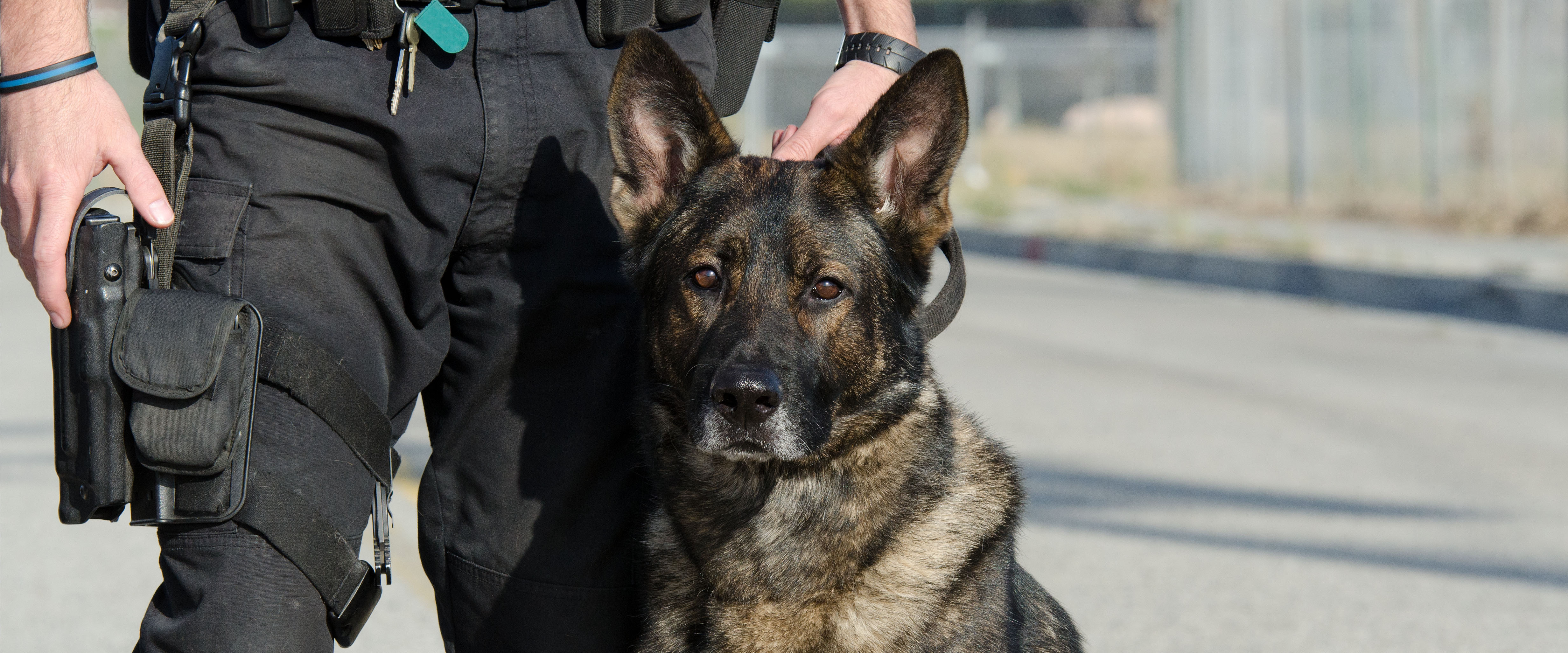‘Incredibly resilient’ nylon device creates electricity under tonnes of pressure
RMIT University researchers have developed a flexible nylon-film device that generates electricity from compression and keeps working even after being run over by a car multiple times, opening the door to self-powered sensors on our roads and other electronic devices.
Creative Antarctica: artists transport audiences to the edge of the world
RMIT Galleries' latest - and one of its largest ever - exhibitions, Creative Antarctica: Australian Artists and Writers in the Far South, brings audiences on a journey to the Far South, offering new perspectives, encounters and understandings of one of the world’s most remote and fragile landscapes.
Marking the International Day of Women and Girls in Science 2026: RMIT earns final two SAGE Cygnet Awards
On the International Day of Women and Girls in Science, RMIT is proud to announce it has achieved its final two SAGE Cygnet awards, recognising the University's leadership in advancing gender equity, inclusion and safety.
Banning energy disconnections shouldn’t destabilise markets, study finds
Approaches by some European countries and Australia to protect energy consumers could help countries worldwide phase out harmful electricity disconnections without destabilising power markets, new research has found.







